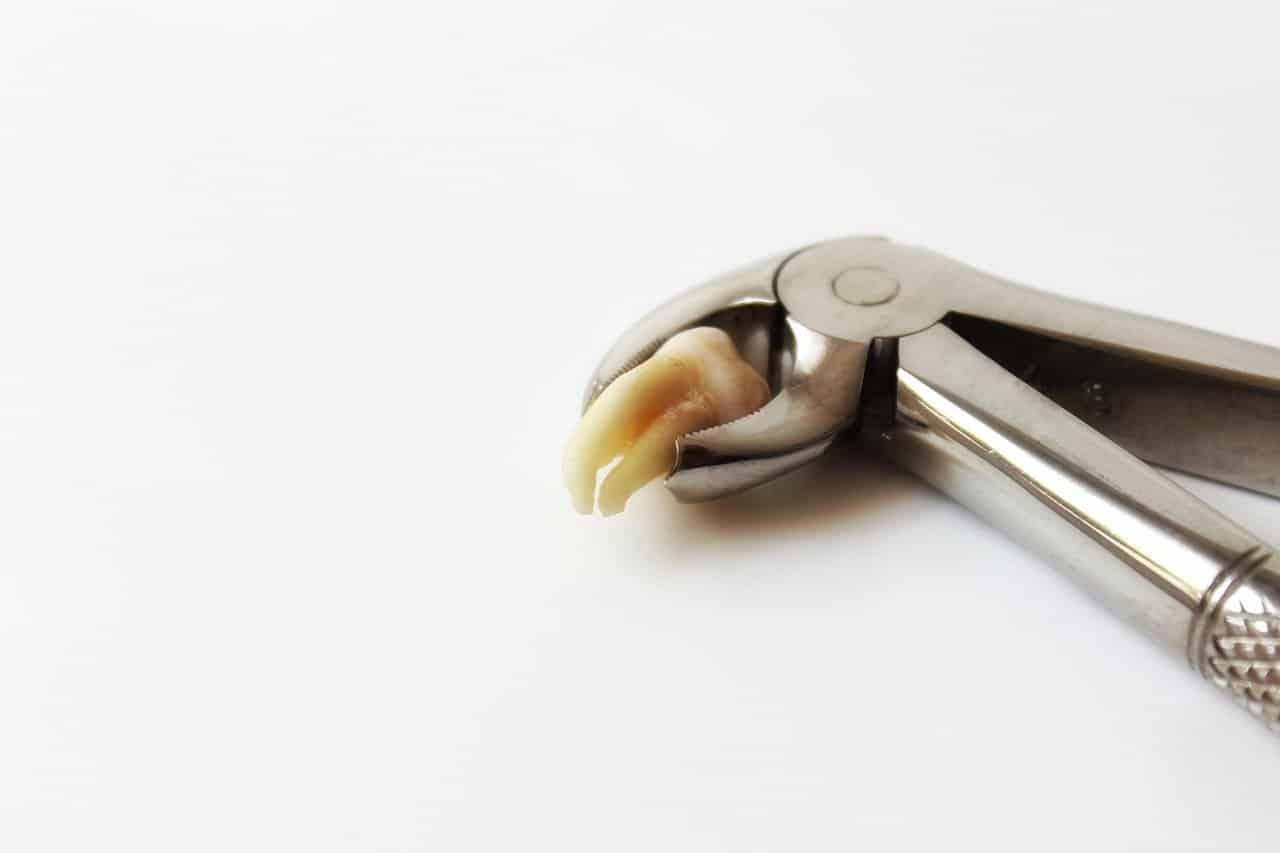Summary: Removing the wisdom teeth can improve a person’s taste perception by up to ten percent.
Source: University of Pennsylvania
Patients who had their wisdom teeth extracted had improved tasting abilities decades after having the surgery, a new Penn Medicine study published in the journal Chemical Senses found. The findings challenge the notion that removal of wisdom teeth, known as third molars, only has the potential for negative effects on taste, and represent one of the first studies to analyze the long-term effects of extraction on taste.
“Prior studies have only pointed to adverse effects on taste after extraction and it has been generally believed that those effects dissipate over time,” said senior author Richard L. Doty, PhD, director of the Smell and Taste Center at the University of Pennsylvania.
“This new study shows us that taste function can actually slightly improve between the time patients have surgery and up to 20 years later. It’s a surprising but fascinating finding that deserves further investigation to better understand why it’s enhanced and what it may mean clinically.”
Doty and co-author Dane Kim, a third-year student in the University of Pennsylvania School of Dental Medicine, evaluated data from 1,255 patients who had undergone a chemosensory evaluation at Penn’s Smell and Taste Center over the course of 20 years. Among that group, 891 patients had received third molar extractions and 364 had not.
The “whole-mouth identification” test incorporates five different concentrations of sucrose, sodium chloride, citric acid, and caffeine. Each solution is sipped, swished in the mouth, and then spit out. Subjects then indicate whether the solution tastes sweet, salty, sour, or bitter.
The extraction group outperformed the control group for each of the four tastes, and in all cases, women outperformed men. The study suggests, for the first time, that people who have received extractions in the distant past experience, on average, an enhancement (typically a three to 10 percent improvement) in their ability to taste.
“The study strongly suggests that extraction of the third molar has a positive long-term, albeit subtle, effect on the function of the lingual taste pathways of some people,” Kim said.

Two possibilities, the authors said, could explain the enhancement. First, extraction damage to the nerves that innervate the taste buds on the front of the mouth can release inhibition on nerves that supply the taste buds at the rear of the mouth, increasing whole-mouth sensitivity. Second, hypersensitivity after peripheral nerve injury from a surgery like an extraction has been well documented in other contexts.
There is evidence, for example, from animal studies that repetitive light touch, which might occur during chewing, gradually accentuates neural responses from irritated tissue that can lead to progressive long-term tactile hypersensitivity. Whether this occurs for taste, however, is not known.
“Further studies are needed to determine the mechanism or mechanisms behind the extraction-related improvement in taste function,” Doty said. “The effects are subtle but may provide insight into how long-term improvement in neural function can result from altering the environment in which nerves propagate.”
About this taste perception research news
Source: University of Pennsylvania
Contact: Steve Graff – University of Pennsylvania
Image: The image is in the public domain
Original Research: Closed access.
“Positive Long-Term Effects of Third Molar Extraction on Taste Function” by Richard L. Doty et al. Chemical Senses
Abstract
Positive Long-Term Effects of Third Molar Extraction on Taste Function
Taste and other neurosensory defects have been reported postoperatively in a number of patients who have undergone mandibular third molar extraction (TME). Although the taste deficits are generally believed to resolve within a year, the long-term effects of TME remain unknown.
We retrospectively examined the whole-mouth taste function of 891 individuals who had received TMEs, on average, more than two decades earlier, and 364 individuals who had not undergone TME. All had been extensively tested for chemosensory function at the University of Pennsylvania Smell and Taste Center over the course of the last 20 years. The whole-mouth identification test incorporated two presentations each of five different concentrations of sucrose, sodium chloride, citric acid, and caffeine.
Analyses of covariance (age = covariate) found those with histories of third molar extraction to exhibit better overall test scores for all four taste qualities than non-operated controls. Such scores were not associated with the time since the TME. In both groups, women outperformed men and function declined with age.
The basis of this iatrogenic phenomenon, which requires confirmation from prospective studies, is unknown, but could reflect iatrogenic sensitization of CN VII nerve afferents or the partial release of the tonic inhibition that CN VII exerts on CN IX via central nervous system processes.






